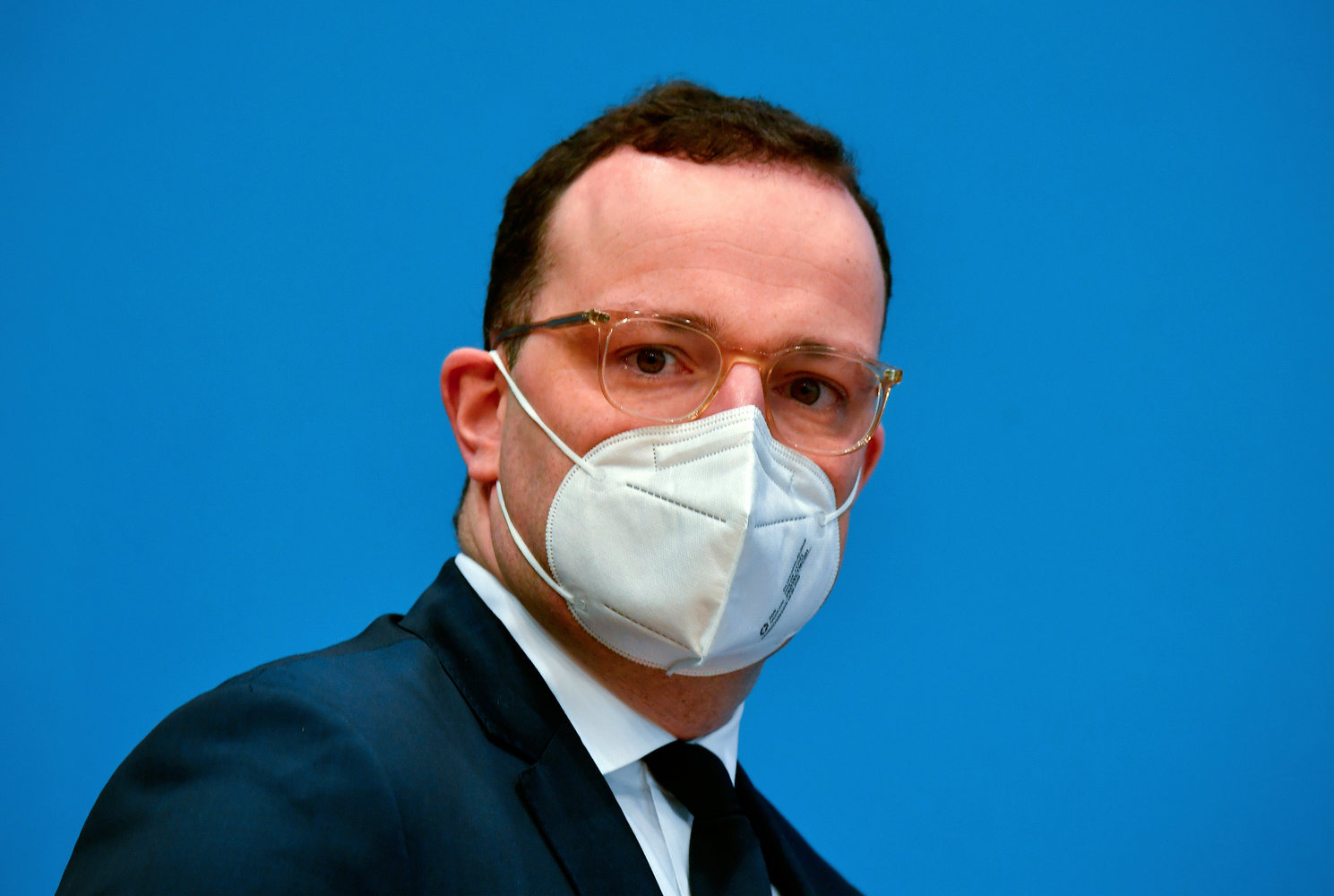
German health minister warns new lockdown might be necessary
Berlin, April 6 (RHC)-- The ongoing vaccination campaign in Germany will not be enough to stop the third wave of the COVID-19 pandemic, Health Minister Jens Spahn has warned, urging the regions to return to lockdown measures if necessary.
"Vaccination does not prevent the third wave, the third wave is growing," the minister said as he visited one of the vaccination centers in Berlin on Monday, following the Easter holidays. Spahn also described the situation in Germany’s intensive care units as “worrying” and said that the number of people treated there increased to more than 4,000 over the Easter weekend. More than half of them are on invasive ventilation.
Spahn then called on Germany to “break this third wave together” by limiting contacts once again. The minister said that contacts should be primarily restricted “in the private sector, in schools, at work wherever possible.” He also pointed to the UK, Chile and the U.S. as he said that even the nations with a higher vaccination ratio still resort to contact restrictions when necessary.
Amid the vaccine shortages and delivery delays, Germany managed to administer the first dose of a Covid-19 vaccine to some 10 percent of its population in the first quarter of this year. Spahn expects this figure to double by the end of April. "We will now be able to do the next ten percent in a month,” he said.
Earlier, the German Standing Vaccination Commission (STIKO) recommended limiting the use of the British Oxford-AstraZeneca vaccine to those over 60 years old due to the jab’s potential serious side effects in younger people, such as blood clots in the brain.
Meanwhile, Spahn called on the German states to fight the third wave with lockdowns. Those regions that would see their average seven-day infection rate going over 100 should use the so-called “emergency brake” and re-introduce some restrictions, he said.
The minister also championed a more relaxed approach to those who had already been vaccinated. Such people should be treated the same as those who tested negative for Covid-19, he argued. However, they should still follow the safe distance rules as well as wear protective masks in public, he added.
Spahn’s somewhat alarmist projections were, however, criticized by the head of Berlin’s IGES Health Research Institute, Bertram Haeussler. A medical statistician, Haeussler told Die Welt newspaper earlier this week that Germany is not seeing a nationwide COVID-19 third wave but rather several infection clusters mostly located near the border with the Czech Republic and Poland as well as around large meat factories.

